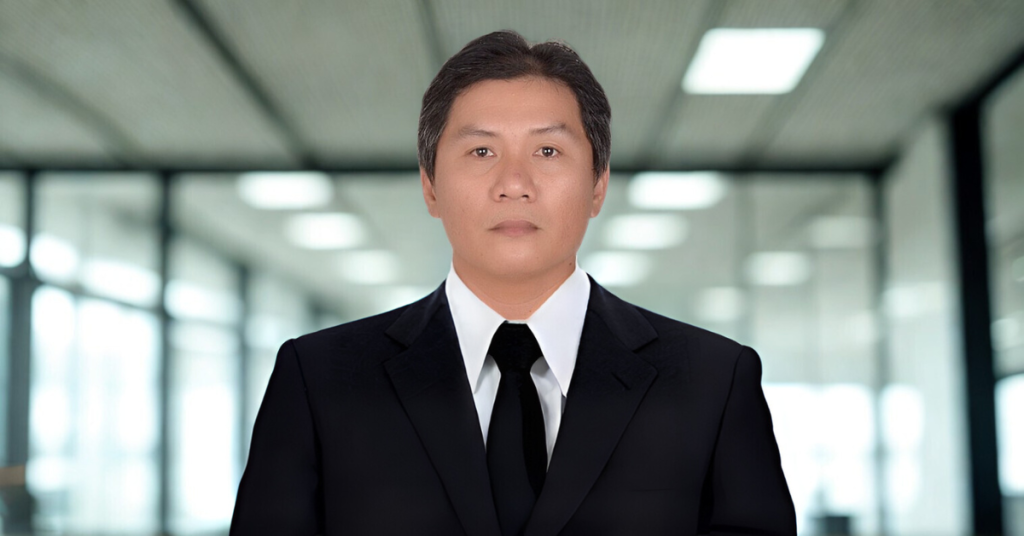In today’s rapidly changing job market, technical expertise alone is no longer enough. While credentials and experience remain important, one Filipino finance professional believes there’s a more crucial—and often overlooked—trait that separates those who thrive from those who stagnate: adaptability.
Arvin Velasquez Diaz, a Certified Management Accountant (Australia), has spent over a decade navigating the evolving world of finance, from BPO roles to audit leadership. Through every career shift and challenge, one lesson has remained constant: success belongs to those who can adapt, learn, and lead in changing environments.
“Tough times will come,” Diaz said in an interview with Financial Adviser PH. “But if you’re committed to life-long learning and open to change, you’ll always find your place.”
From BPO to Audit: A Career Shift That Redefined Everything
Diaz’s professional journey took a major turn when he left the BPO industry and moved into auditing—a field that required a completely different mindset.
“It was a humbling experience,” he recalls. “I thought the skills would carry over easily, but the shift was much harder than I expected. Audit demands a deeper level of risk analysis, documentation, and leadership.”
To succeed, Diaz had to start from the ground up: immersing himself in industry knowledge, refining his problem-solving skills, and unlearning habits that no longer applied. His transformation didn’t happen overnight, but he emerged with a sharper edge and a stronger understanding of what modern finance requires.
The One Skill That Will Keep You Relevant
In a world dominated by digital transformation, Diaz believes the most valuable asset a professional can develop is career agility—the ability to stay relevant in any role, at any time.
“Technology changes. Roles evolve. The only way to stay ahead is to keep moving forward,” he says. “Adaptability is what allows you to grow with your industry instead of being left behind by it.”
This includes continuously learning new systems, understanding regulatory changes, and taking the initiative to solve problems before they escalate.
Technical Skills Still Matter—But They’re Not Enough
As a Certified Management Accountant, Diaz is no stranger to the importance of technical mastery. But he’s quick to point out that technical skills are just the starting point.
“A lot of professionals focus on passing the next exam or learning the latest software, which is good,” he explains. “But if you want to lead, you need more. You need analytical thinking, communication, leadership, and coaching skills.”
He encourages finance professionals to take a broader view of their development: not just as individual contributors, but as future managers, mentors, and decision-makers.
What Makes a Job Candidate Stand Out Today
Diaz often screens applicants for finance roles, and he’s seen firsthand what separates average candidates from exceptional ones.
“It’s not just about having the right experience. I look for people who bring value—those who’ve made a difference in their previous roles, can back it up with data, and are clearly aligned with the company’s values.”
He adds that a strong work ethic, cultural fit, and a proven growth mindset often outweigh technical excellence alone. “You can train someone on tools. But you can’t train someone to be driven and adaptable.”
The Future of Work in Finance
As automation and AI continue to reshape finance operations, Diaz emphasizes that professionals must learn to work alongside technology, not compete with it.
“Machines can crunch numbers faster than we ever could. But they can’t replace insight, judgment, or leadership,” he says. “If you can interpret data, make decisions, and inspire others, you’ll always be needed.”
To future-proof your career, Diaz recommends developing fluency in both technical tools and soft skills. Join professional communities, take on stretch assignments, and never stop asking, “What can I do better?”
His Best Career Advice? Be Proactive
Looking back, Diaz says the most impactful career advice he received was to solve problems before they escalate. In other words, don’t wait for direction—take ownership.
“It taught me how to lead,” he says. “Whether you’re new in your role or managing a team, being proactive earns trust and drives results.”
That mindset carried him through his toughest transitions and shaped the way he approaches leadership today.
The Bottom Line
Success in finance is no longer just about knowing the numbers. It’s about understanding how to adapt when the numbers—and the rules—change. As Diaz’s story shows, professionals who cultivate adaptability, embrace life-long learning, and take initiative are the ones most likely to grow their careers—regardless of what the market throws their way.
In a future full of disruption, those who stay flexible will stay employed.
![]()



